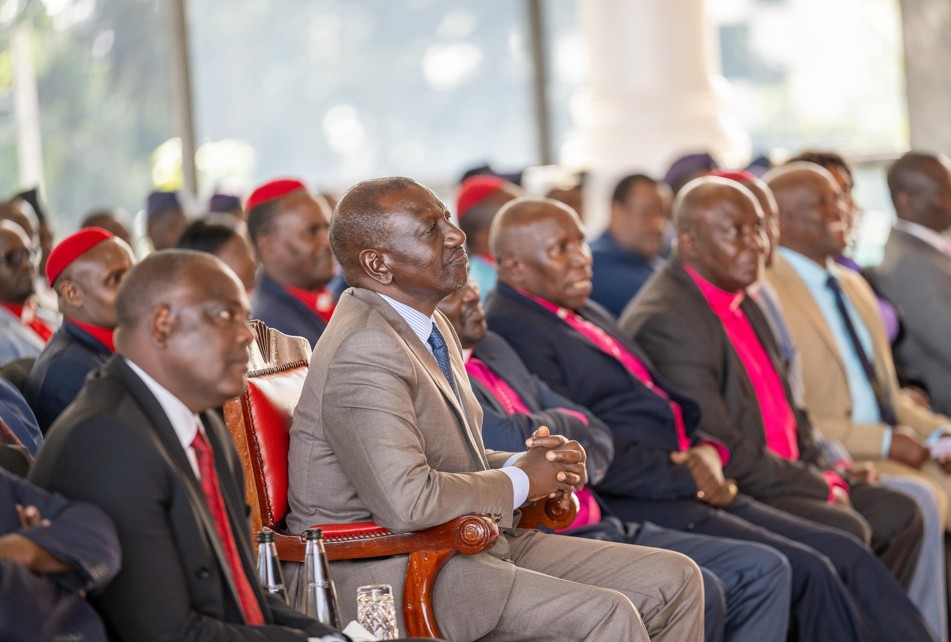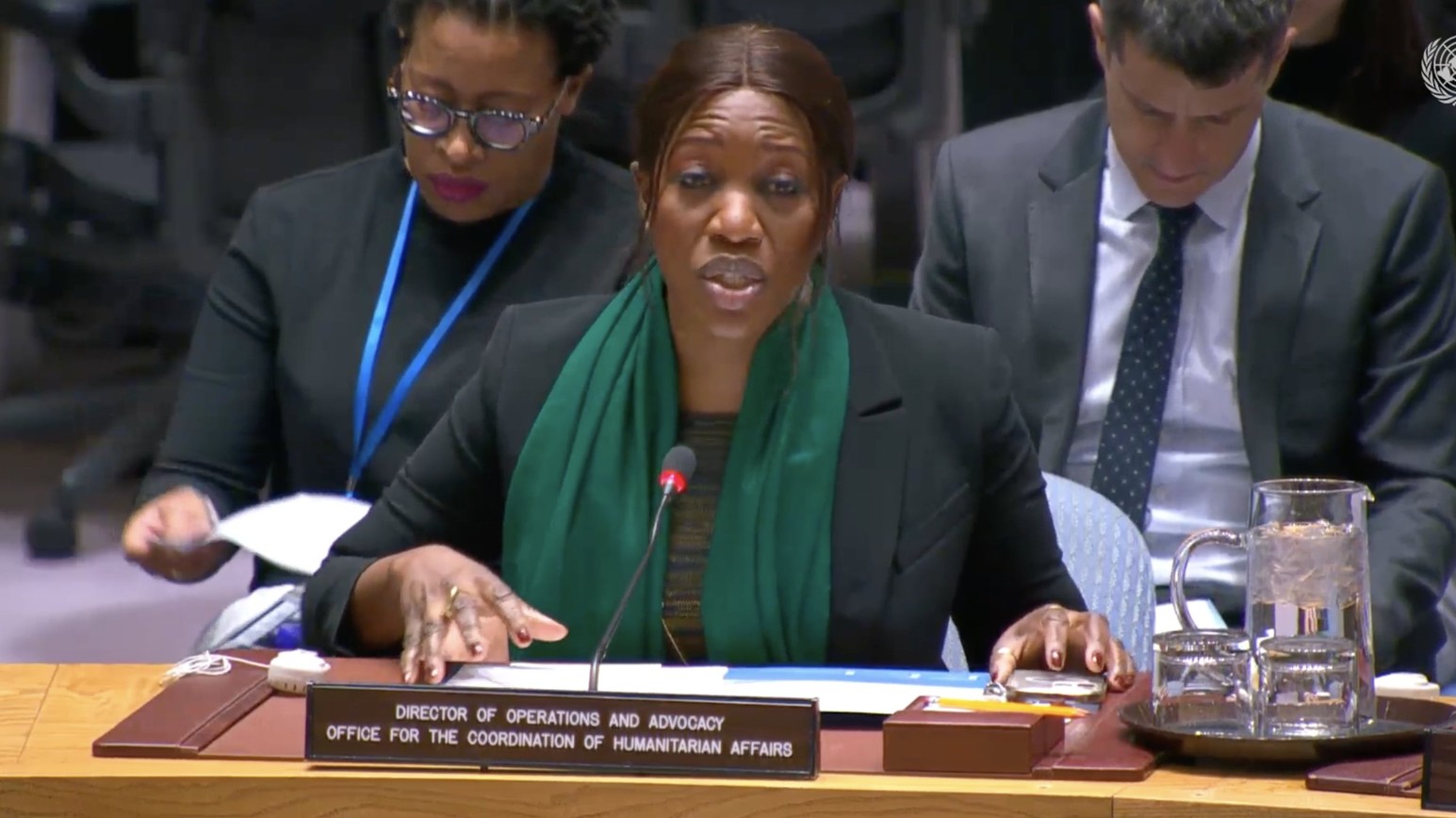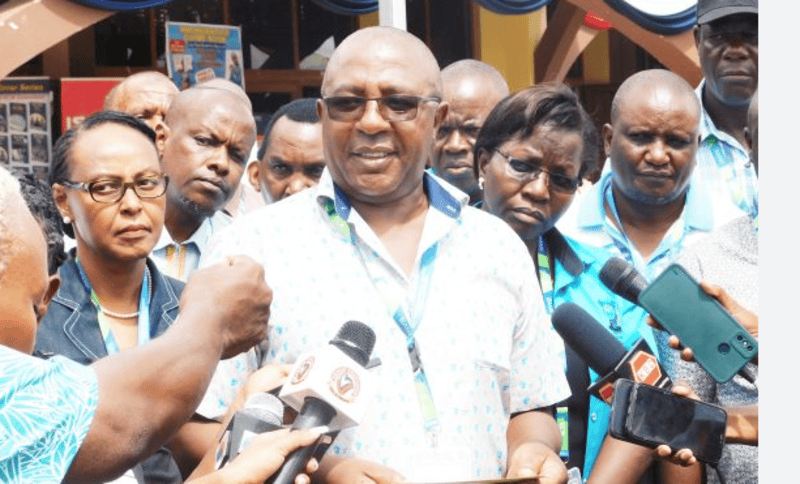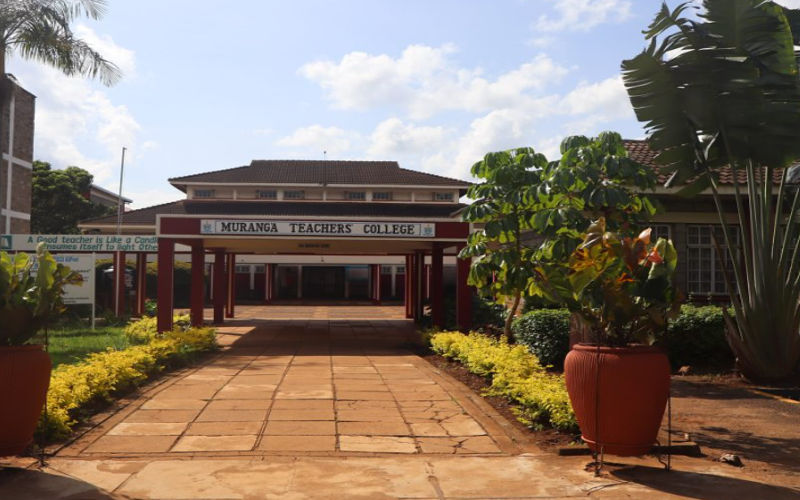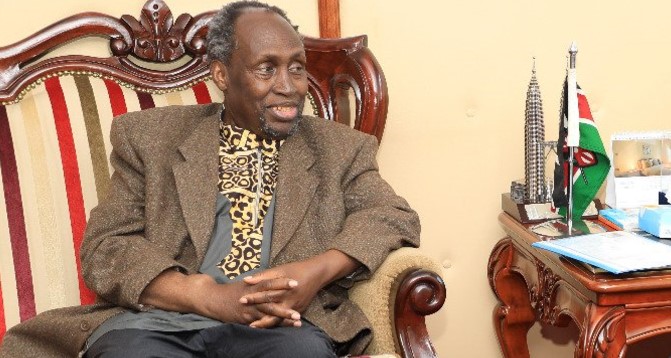House team raises alarm over pension delays as arrears pile up to Sh86 billion

Pension obligations are part of non-discretionary government spending that must be settled without delay, but Treasury cash flow issues have continued to affect the timely disbursement of these funds.
A parliamentary committee has sounded the alarm over mounting pension delays, warning that thousands of retired public servants are being exposed to serious financial hardship due to the National Treasury’s continued failure to release funds on time.
In its review of the 2025/26 Consolidated Fund Services budget, the National Assembly Public Debt and Privatisation Committee criticised the Treasury for defaulting on critical pension obligations, revealing that only 61 per cent of the Sh223.14 billion pension allocation had been paid by the end of April.
More To Read
- Government targets land sale to settle Kenya Railways pension arrears
- Service delivery at risk as Treasury delays Sh34.6 billion July allocation to counties
- MPs reject Treasury circular on mandatory e-GPS use
- House Committee rejects Ruto-backed presidential transition Bill
- Treasury reports fastest tax growth in two years amid July protests
- Governors blame past regimes as pension arrears spiral beyond Sh100 billion, ask treasury to intervene
This means Sh86 billion was still unpaid with barely two months left in the fiscal year.
“The government had also failed to allocate Sh23 billion for pension and gratuity obligations in 2023/24, increasing the risk of arrears,” the committee noted.
Pension obligations are part of non-discretionary government spending that must be settled without delay, but Treasury cash flow issues have continued to affect the timely disbursement of these funds.
The committee said the trend of underperformance was deeply worrying given the growing number of retirees and the critical nature of pensions for their livelihoods.
“This level of under-performance is concerning, particularly given the statutory and non-discretionary nature of pension obligations, which are critical to the welfare of retired public servants,” the committee stated.
The data presented shows that retirees were denied Sh23 billion in the last financial year due to cash constraints linked to falling revenues and the mounting cost of repaying public debt. Monthly pension payments are vital for retirees, most of whom do not have alternative sources of income.
Retirees have also been facing logistical frustrations, including being forced to physically follow up on their dues in Nairobi due to inefficiencies in the pension disbursement system.
At the heart of the problem is a sharp rise in the number of retiring public servants. An estimated 260,000 retirees depend on Treasury disbursements, with at least 85,000 more expected to retire by June 2026, a reality that risks overwhelming the system if urgent reforms are not made.
The Treasury's capacity to meet pension obligations continues to be limited by rising debt repayments, which consumed Sh1.25 trillion, nearly 70 per cent of the Sh1.8 trillion tax revenue collected between July and April.
The committee warned that this trend threatens the government’s ability to finance other essential public services.
To address the growing crisis, the Treasury plans to roll out a new Pension Management System from July 1.
The system is expected to ease access by allowing remote services, real-time claim tracking, and submission of claims online through links to government HR systems.
Top Stories Today

